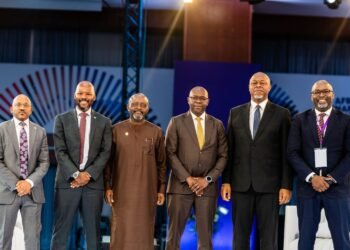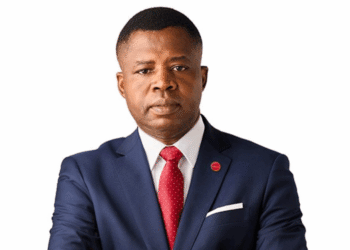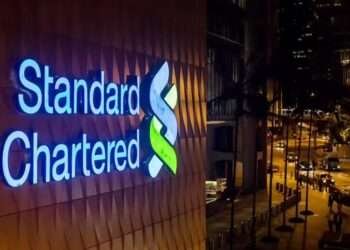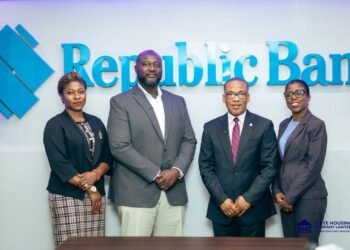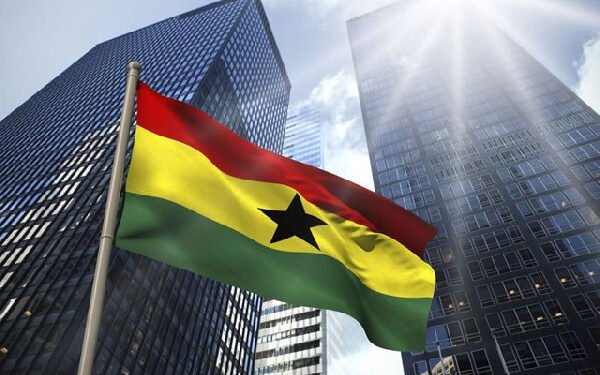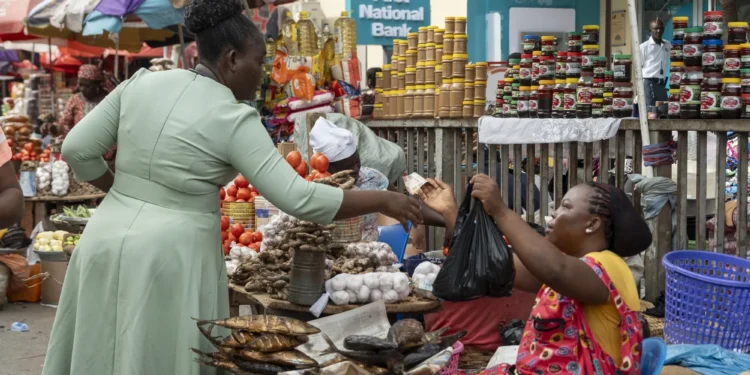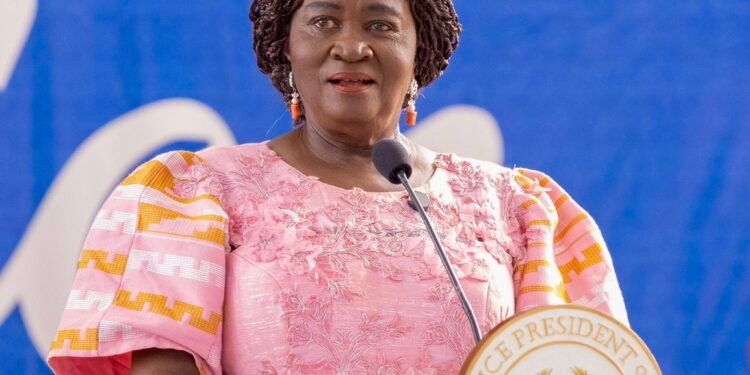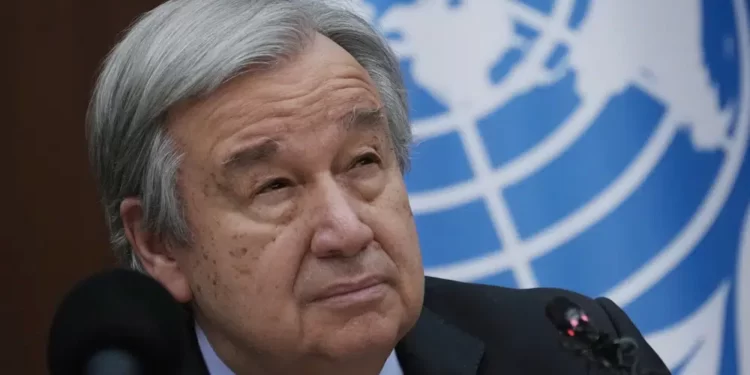Ken Ofori-Atta, the Minister of Finance, has tasked the newly established Development Bank Ghana (DBG) to manage its affairs prudently and raise its own funds on the basis of its balance sheet from the international capital market.
Mr. Ofori-Atta noted that development banks around the world have been powerful instruments in economic transformation and agents of growth in several countries.
“This, therefore, requires the Board and Management to work hard toward getting an international rating for the bank within the shortest possible time.
“There are many countries where development banks have failed to live up to expectations and so in setting up DBG, we looked at all these experiences, including our experiences in Ghana and it is clear to us that the big differentiator for success is the governance of the institution and the professionalism with which they are run.”
Ken Ofori-Atta
The Finance Minister disclosed that DBG was designed to be financially sustainable and it would focus predominantly on economic transformation, particularly industrialization and value-addition in agriculture.
“It will also support businesses in technology, tourism, and high-value services. The aim will be to focus on SMEs and relatively large Ghanaian corporations in these sectors to help transform the economy and create jobs.”
Ken Ofori-Atta
Ken Ofori-Atta indicated that the President’s vision for Ghana’s economic transformation requires long-term investment led by the private sector, hence the need to provide the private sector with access to long-term financial competitive rates.
“Currently, in our country, this is not readily available, especially for Ghanaian SMEs. For example, evidence from the feasibility study conducted for the set-up of DBG showed that only 11 percent of bank credit is more than 5 years. Also, less than 8 percent of the credit goes to manufacturing, and less than 4 percent to agriculture, two of the sector critical to economic transformation. It is this gap that DBG has been created.”
Ken Ofori-Atta
DBG to Transform the Economy
Mr. Ofori-Atta hinted that the DBG will transform the economy by the provision of long-term finance to economic units operating in the productive sectors of the economy at competitive interest rates, provide funding facilities with tenures of up to 15 years, lend funds to participating financial institutions for on-lending to SMEs, operate a partial guarantee window, operate a digital platform to facilitate factoring of invoices by SMEs.
The Finance Minister noted that as means to ensure the growth and success of the DBG, the government together with the BoG created a task force of senior public and private sector experts to provide guidance on the set-up of the bank including overseeing the feasibility study conducted by PwC, which was selected through an internationally competitive process.
DBG is a development finance institution and a wholesale bank with the mandate to provide long-term loans to commercial banks to on-lend to Small and Medium-scale Enterprises.
With a capital base of nearly $800 million, the shareholders of DGB are the Government of Ghana, providing $250 million; KFW, providing 48.5 million euros; the World Bank, proving $225 million; the European Investment Bank, providing 170 million euros and the AFDB, providing $40 million.
READ ALSO: Bullish Sentiment Prevails as Government Exceeds T-bills Target




